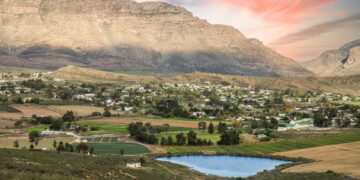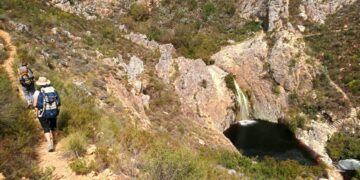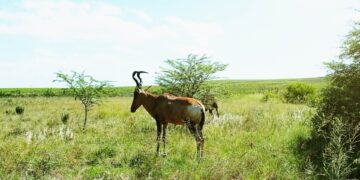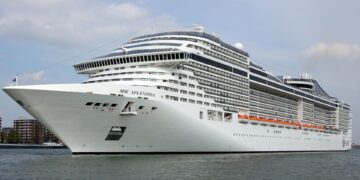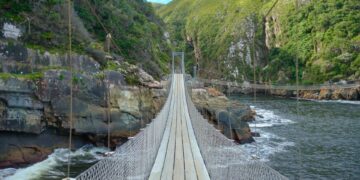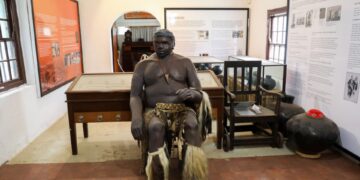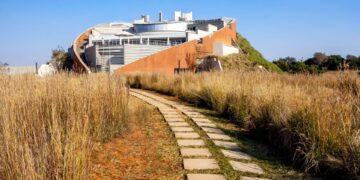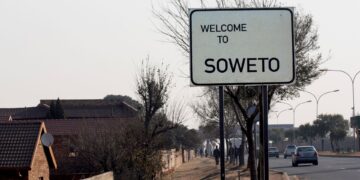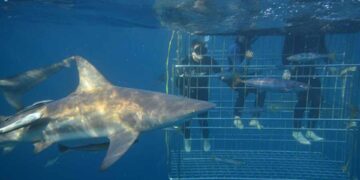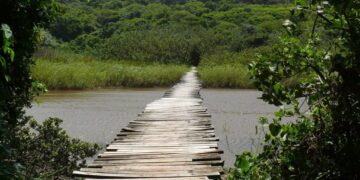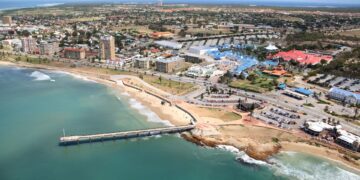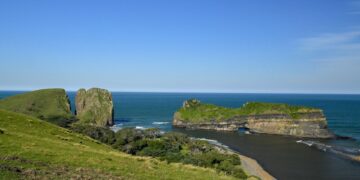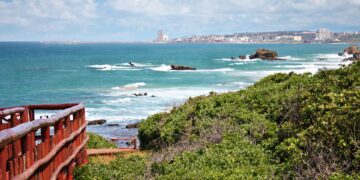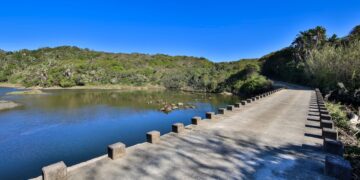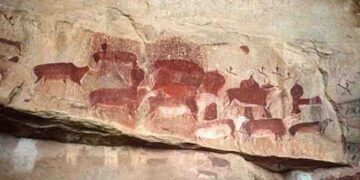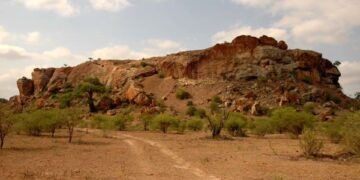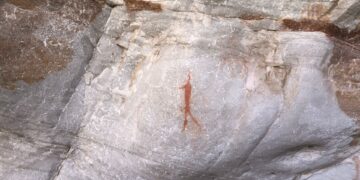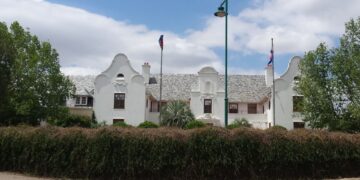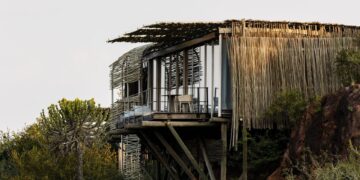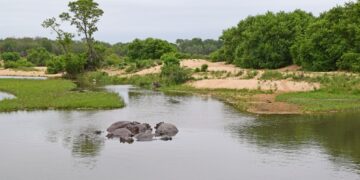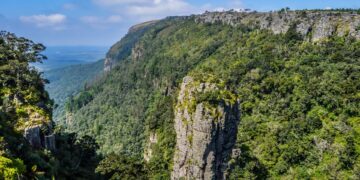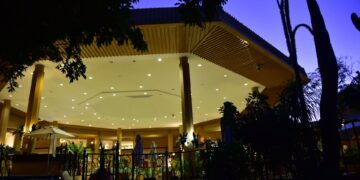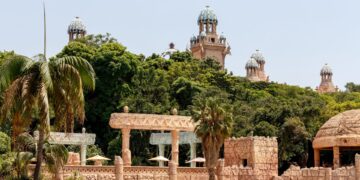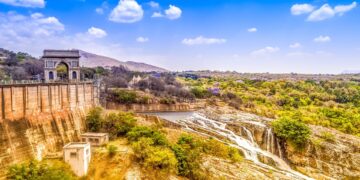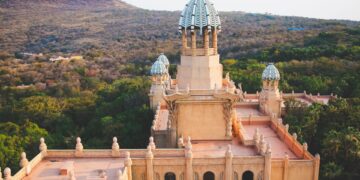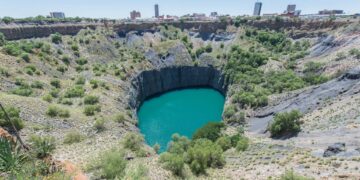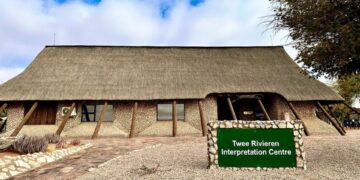The construction of the 1 081-kilometre Abidjan-Lagos highway will have a significant impact on the economies of five West African countries – Côte d’Ivoire, Ghana, Togo, Benin and Nigeria. It will reduce travel times by 50%! And this transformative public-private partnership project has now secured major funding at the Africa Investment Forum virtual boardrooms which were held from 15 to 17 March 2022.
MAJOR INTERNATIONAL FUNDING SECURED
The Africa Investment Forum is a transactional, multi-stakeholder and multi-disciplinary platform that raises capital for large-scale investments in Africa. Among the 45 transactions featured during the virtual boardrooms, the Abidjan-Lagos highway attracted significant interest from private, public and institutional investors.
During the boardroom session, Dr. Akinwumi A. Adesina, President of the African Development Bank Group, emphasised that the Abidjan-Lagos Corridor Highway project is the most important infrastructure project possibly ever to be considered in West Africa. He said:
“It will make a meaningful impact on the lives of over 500 million people in West Africa. The African Development Bank Group has provided more than $40 million for feasibility studies to prepare the project for investment.”
WEST AFRICA TO CHANGE FOREVER?
The project will facilitate free movement and trade in the region and cut travel times by an absolutely staggering 50%. The Abidjan-Lagos highway would form part of the Dakar-Abidjan-Lagos cross-border coastline. It will therefore have a direct impact on 14 of the 16 West African countries (Benin, Burkina Faso, Côte d’Ivoire, Gambia, Ghana, Guinea, Guinea Bissau, Liberia, Mali, Niger, Nigeria, Senegal, Sierra Leone, and Togo).
This integrating corridor will link the most economically dynamic cities and ports and the most densely populated agglomerations in West Africa (Lagos, Abidjan, Accra, Cotonou and Lomé). It will also increase trade and integration in West Africa, notably by providing maritime port access to landlocked countries (Burkina Faso, Mali, Niger and Chad) through its connection with other corridors along the North-South axis.
There are three sections planned for the construction of this exciting dual three-lane highway: 295km will run from Abidjan in Côte d’Ivoire to Takoradi in Ghana; another 466km will fall within Ghana between Takoradi and Akanu, and finally 320km between Noepe in Togo and Lagos in Nigeria. Eight border posts will have to be constructed along the corridor.
The Abidjan-Lagos highway has already attracted the interest of the African Development Bank, which has provided €22.4 million in funding to finance preparatory studies for the implementation and management of the corridor project. The strategic importance of this project cannot be overestimated. The Abidjan-Lagos axis covers nearly 75% of West Africa’s commercial activities. The transport sector accounts for 5% to 8% of the region’s gross domestic product and plays a key role in economic development and job creation, particularly for women and young people.
The Abidjan-Lagos highway will boost transport (roads, railroads, ports and airports) in West Africa and help accelerate the implementation of the African Continental Free Trade Area, a market of 1.3 billion consumers and a combined GDP of about $3 trillion.
ALSO READ: Bye-bye masks? US prepares for the end of crucial COVID-19 mandate

